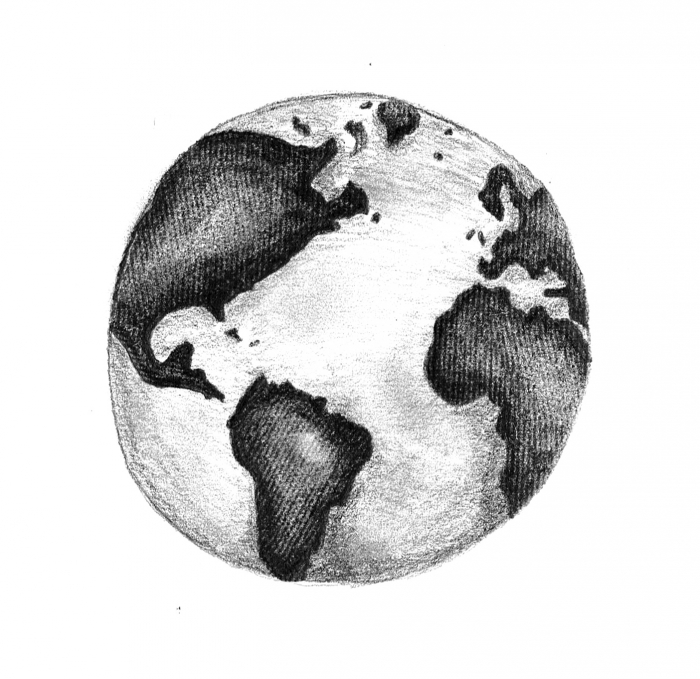An invasive species can be any kind of living organism—bacteria, fungi, plants, insects, fish, or even the organisms’ eggs—that has no evolutionary history in a particular region, but is able to establish a self-sustaining, reproducing population. Given that there are no natural mechanisms that control their influence over an ecosystem, invasive species often disrupt them, increasing competition for resources among the native species.
A recent study led by Anthony Ricciardi, Associate Professor in McGill’s School of Environment, “identifies 14 [of the] most significant issues that could affect the science and management of invasive species over the next two decades” according to a McGill press release. Ricciardi and his global team of 16 scientists from eight different countries studied the impact of biological invasions and identified potential management strategies.
Ricciardi noted that ecological exchange has been a significant contributor to the development of ecosystems over time; however, it is currently occurring at an unprecedented rate and impacts are unpredictable.
“We’re dealing with a form of global change,” Ricciardi said. “[…] Some invasions can occur without our help but the majority is now occurring with our help because we’re provided invaders with the opportunity [….] You may not see them coming, and suddenly they are taking up resources.
For example, according to the Canadian Wildlife Health Cooperative, the invasive fungus Batrachochytrium salamandrivorans could pose a serious threat to North American salamanders as the fungus has previously devastated fire salamander populations in the Netherlands. In order to limit the danger posed to North American species, Environment and Climate Change Canada placed import restrictions on salamanders in May to prevent an infected individual from entering the country.
Melting sea ice due to global temperature increases has left the arctic region more accessible to human use, but also more susceptible to biological interchange, noted Ricciardi. In the past 30 years, the introduction of ships capable of navigating northern waters has resulted in increased occurrence of invasive species, spread across the region by the ships.
“Climate warming will not only render the [arctic] region more vulnerable to new invasions, but also make it a conduit for them,” explained a study published in Trends in Ecology and Evolution. “The new sea routes and infrastructure will create stronger linkages with existing global transportation networks while shortening voyages and likely reducing metabolic stress for organisms moved between distance temperate regions.”
In addition to ecological disruptions caused by invasive species, severe socio-political impacts may result as well—including weakened trade between countries. Fear of introducing new species may provide countries with an incentive to put in place protectionist trade policies, compromising the future of trade agreements, such as the Transatlantic Trade and Investment Partnership and the Comprehensive Economic and Trade Agreement.
Furthermore, the group observed that there could be an increase in global conflict and large-scale refugee movements as a result of the global invasive species crisis. These conflicts could lead to the allocation of fewer resources toward infrastructure, effective conservation efforts, and biosecurity.
“Military activity has also been linked to the movement of alien plants since the 19th century,” Ricciardi said. "[…] Geopolitical conflicts fueled by climate change are likely to produce new waves of biological invasions.”
The introduction of an invasive species can have immense consequences for future generations. The socio-political challenges created by ecological change remain unpredictable, but can be avoided with action. It is crucial that governments take on a more active role in implementing effective management strategies in order to minimize the damage caused by these invasive species.








